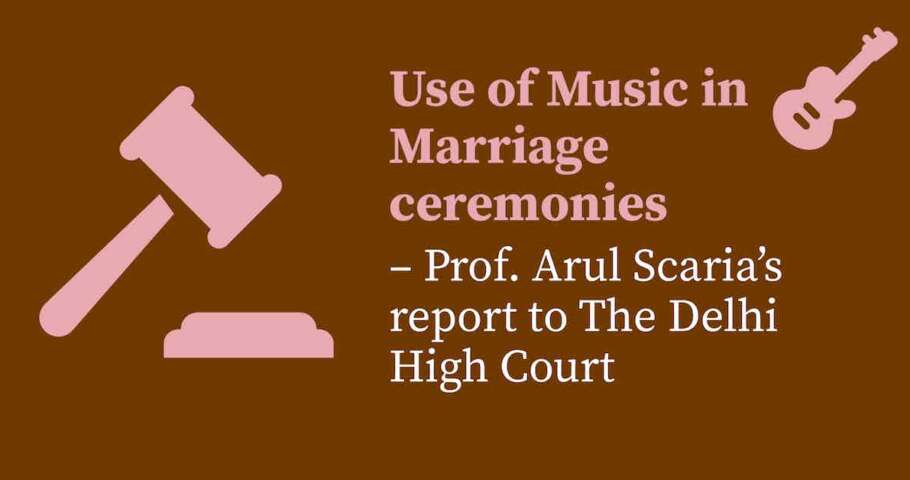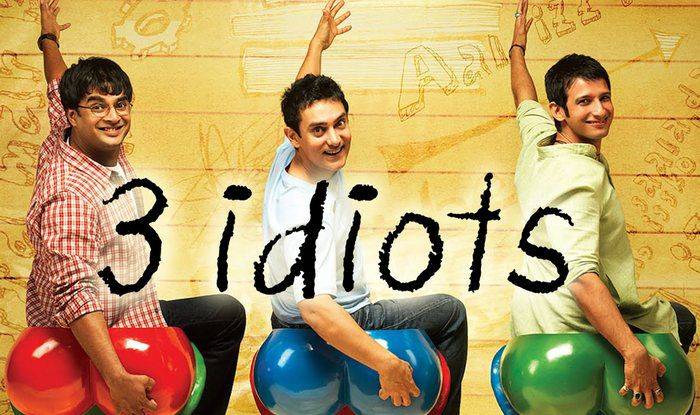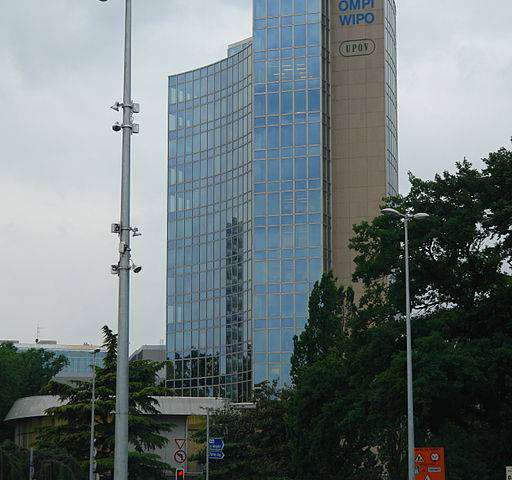Explore the debate over regulatory data protection in India, its impact on pharmaceutical research, and how it balances intellectual property rights with access to medicines. Learn about India’s approach and its implications for the generic industry. Continue Reading Pharmaceutical Regulatory Data Protection in India






